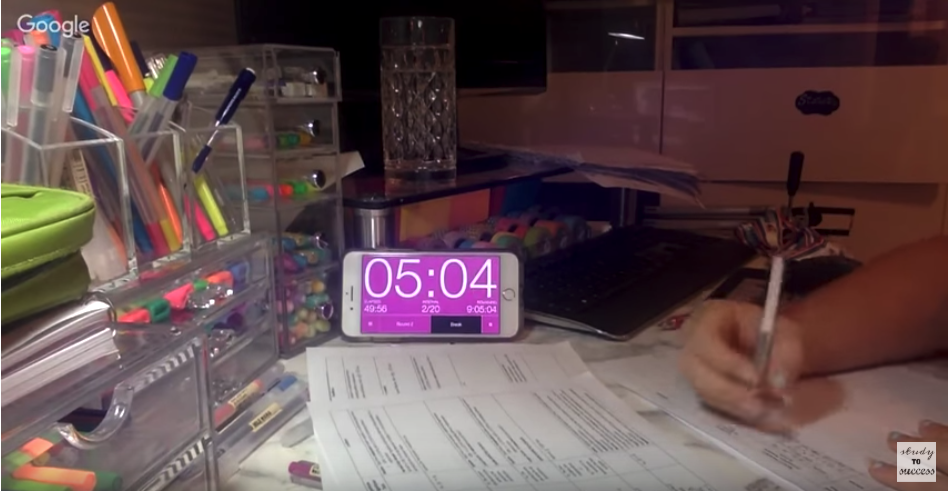

Where you study can be just as important as how you study.įind a space that is free of distractions and has all the materials and supplies you need on hand. Make sure that you are allowing enough time, relaxation, and sleep between study sessions so your brain will be refreshed and ready to accept new information. Rest allows our brains to compress and consolidate memories of what we just practiced. Studies have shown that wakeful rest plays just as important a role as practice in learning a new skill. According to the National Institutes of Health, research has shown that taking breaks in between study sessions boosts retention. The brain can only absorb so much information at a time.

Afterward, try to summarize what you’ve learned and seek out answers to your remaining questions.Įxplore summer courses for high school students.

As you read or listen, take additional notes about new information, such as related topics the material reminds you of or potential connections to other courses.Before you start to read a new chapter or watch a lecture, review what you already know about the topic and what you’re expecting to learn.Schwab suggests practicing the following steps: Metacognition involves thinking about your own cognitive processes and can help you figure out what study methods are most effective for you. Schwab recommends trying different strategies through the process of metacognition. There are a variety of ways to test your knowledge beyond simply reviewing your notes or flashcards.
STUDY SESSION SMART BOX TRIAL
It might take a bit of time (and trial and error!) to figure out what study methods work best for you. Having other people to study with means you can explain the material to one another, quiz each other, and build a network you can rely on throughout the rest of the class-and beyond. Reach out to classmates and form a study group to go over material together, brainstorm, and to support each other through challenges. Your fellow students are likely going through the same struggles that you are. Harvard’s Academic Resource Center offers academic coaching, workshops, peer tutoring, and accountability hours for students to keep you on track. There are multiple resources to help you, including your professors, tutors, and fellow classmates. The longer you wait, the more difficult it becomes to catch up.” Many students are not used to seeking help while in high school, but seeking extra support is common in college.Īs our guide to pursuing a biology major explains, “Be proactive about identifying areas where you need assistance and seek out that assistance immediately. You don’t have to struggle through difficult material on your own. “Set yourself a study schedule ahead of time and stick to it.” 3. “Oftentimes, students are used to less intensive workloads in high school, so one of my biggest pieces of advice is don’t cram,” says Schwab. Schwab said procrastination is one mistake that students often make when transitioning to a university-level course load. Having a study plan with set goals can help you feel more prepared and can give you a roadmap to follow. Instead of cramming, studies have shown that studying with the goal of long-term retention is best for learning overall. Students may perform well on a test for which they’ve crammed, but that doesn’t mean they’ve truly learned the material, says an article from the American Psychological Association. It might be tempting to leave all your studying for that big exam up until the last minute, but research suggests that cramming does not improve longer term learning. This blog will offer study tips and strategies to help you survive (and thrive!) in your first college class. Planning ahead and finding support along the way are essential to your success in college. “Memorization seems like learning, but in reality, we probably haven’t deeply processed that information enough for us to remember it days-or even hours-later.” “One thing we know from decades of cognitive science research is that learners are often bad judges of their own learning,” says Schwab. Being able to recite memorized information is not the same as actually retaining it. As Jessie Schwab, psychologist and preceptor at the Harvard College Writing Program, points out, we tend to misjudge our own learning. Transitioning from high school to the rigor of college studies can be overwhelming for many students, and finding the best way to study with a new course load can seem like a daunting process.Įffective study methods work because they engage multiple ways of learning. The introduction to a new college curriculum can seem overwhelming, but optimizing your study habits can boost your confidence and success both in and out of the classroom.


 0 kommentar(er)
0 kommentar(er)
